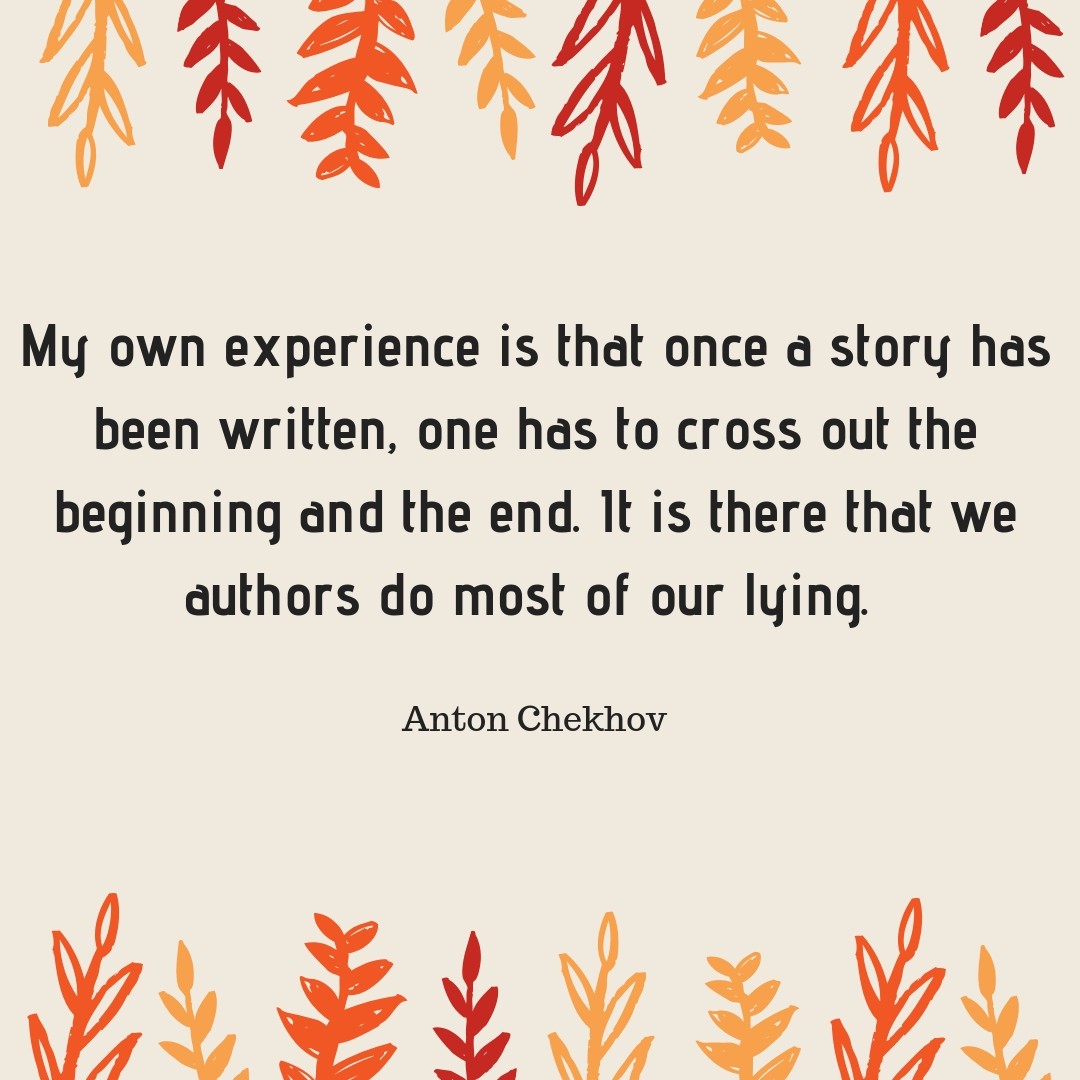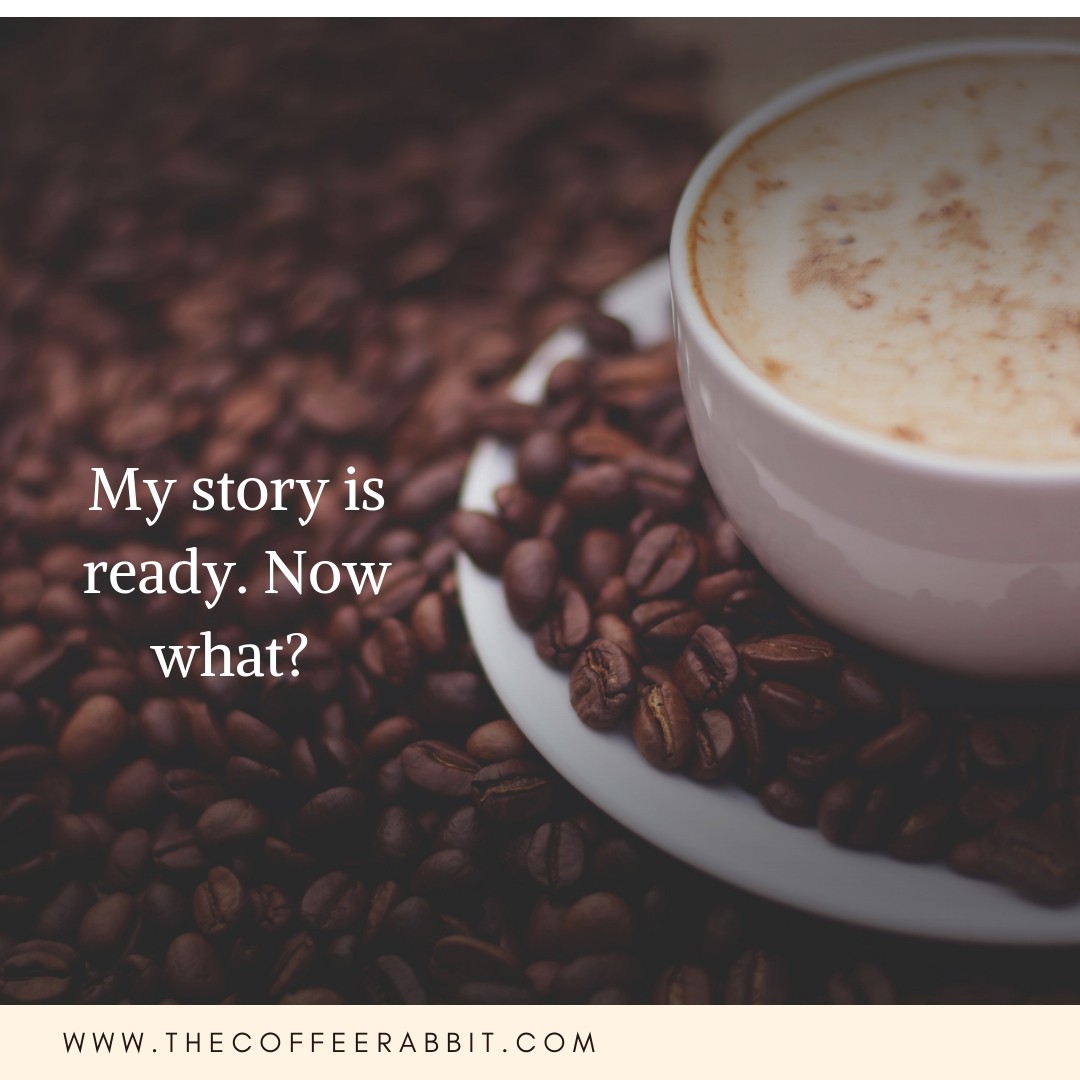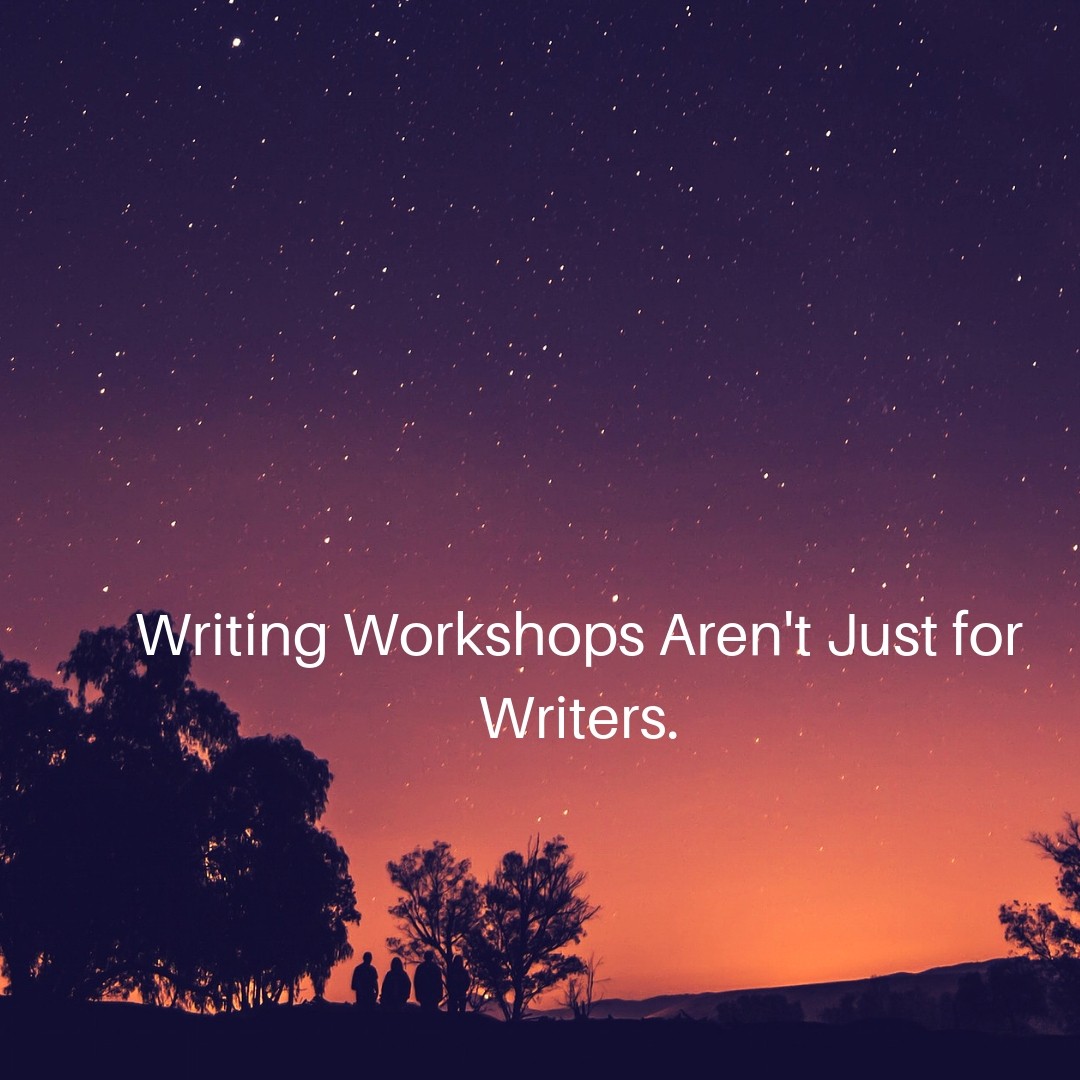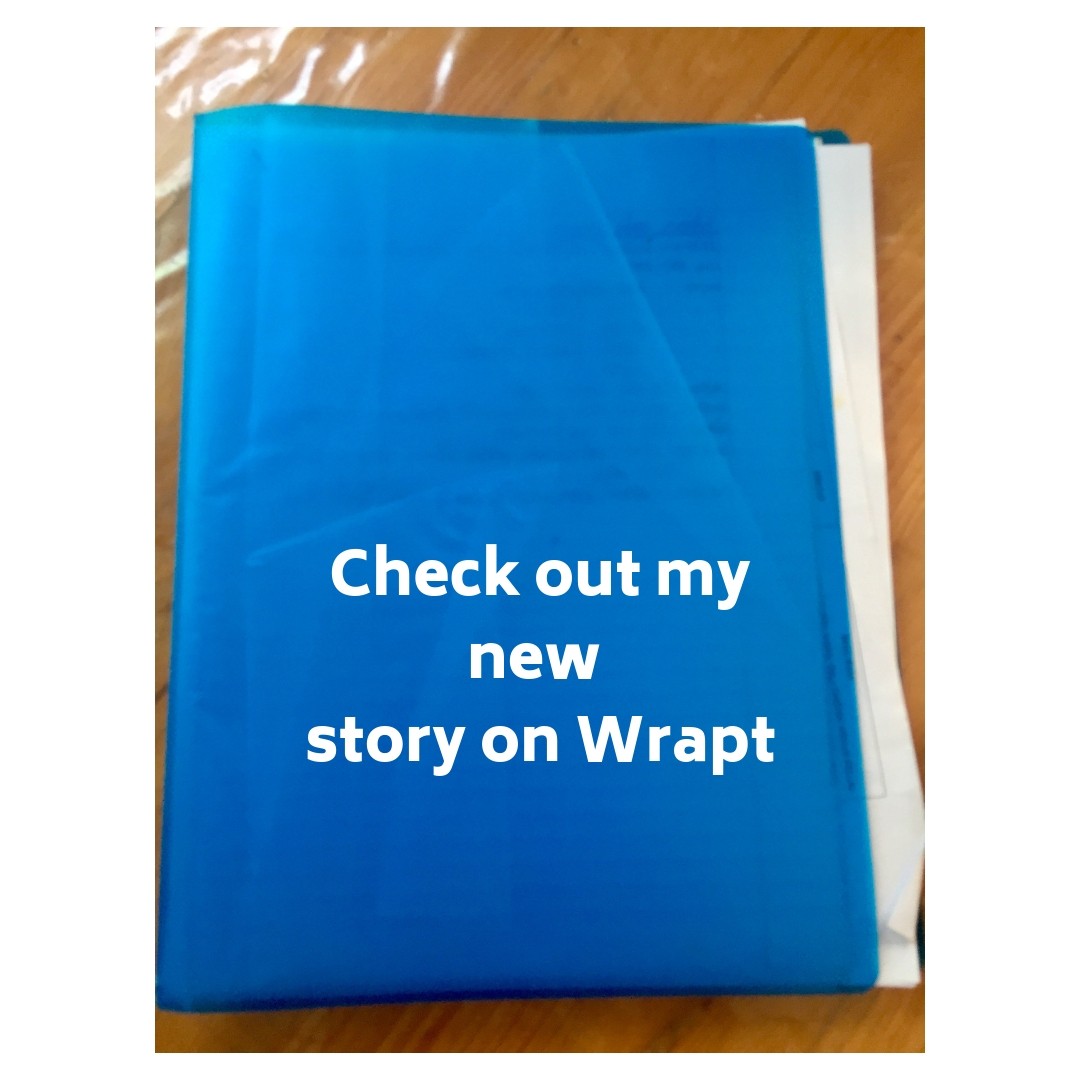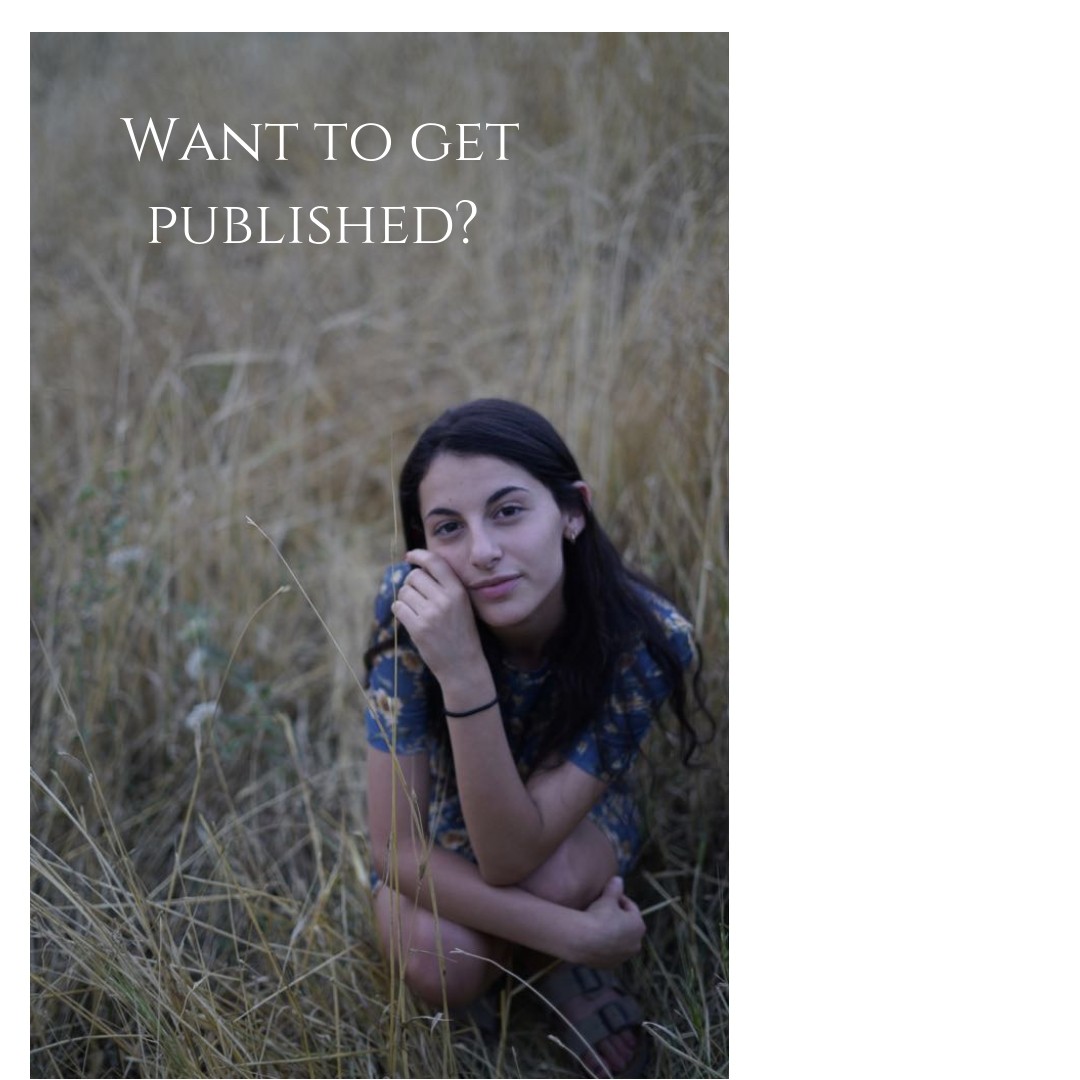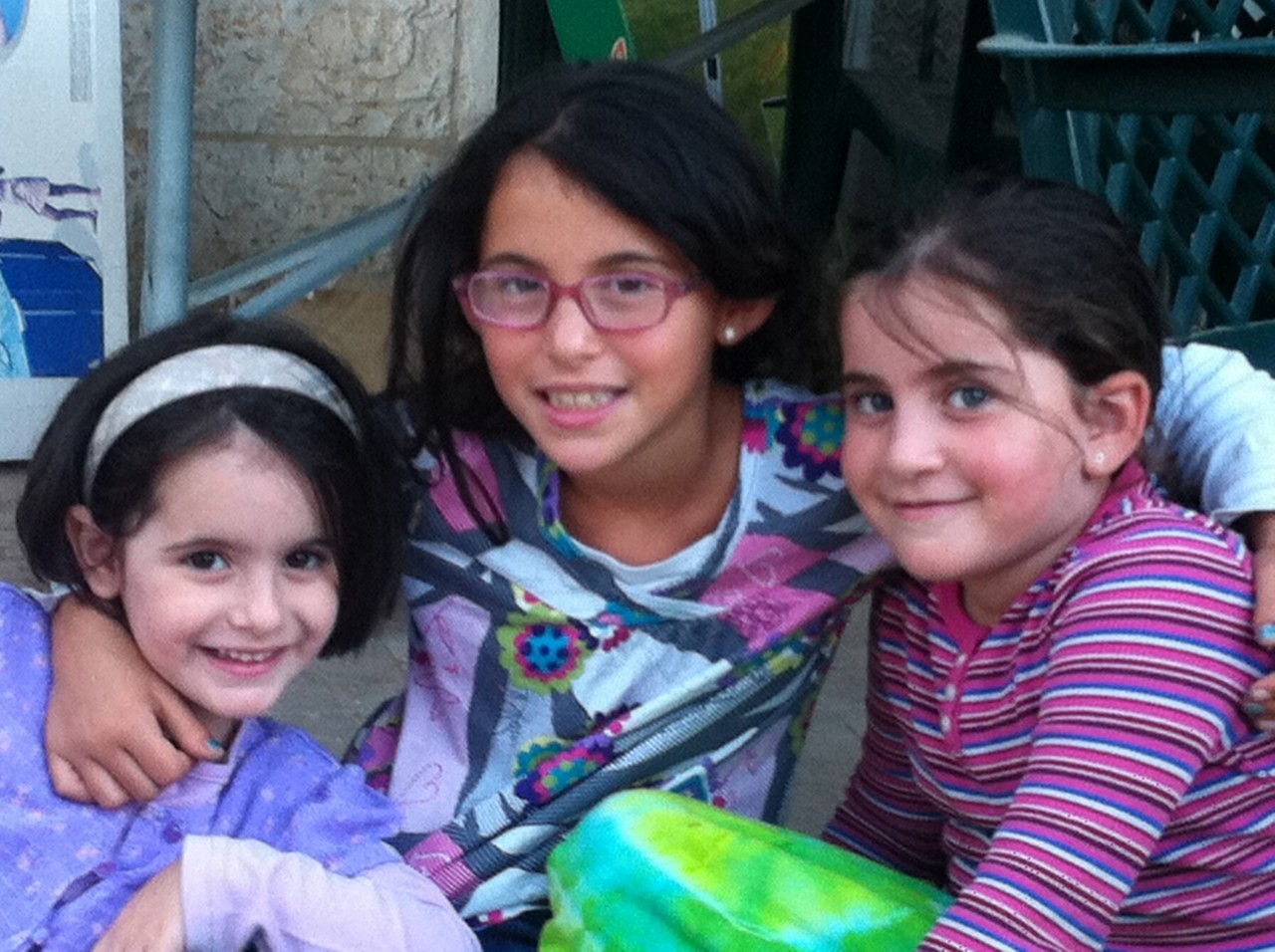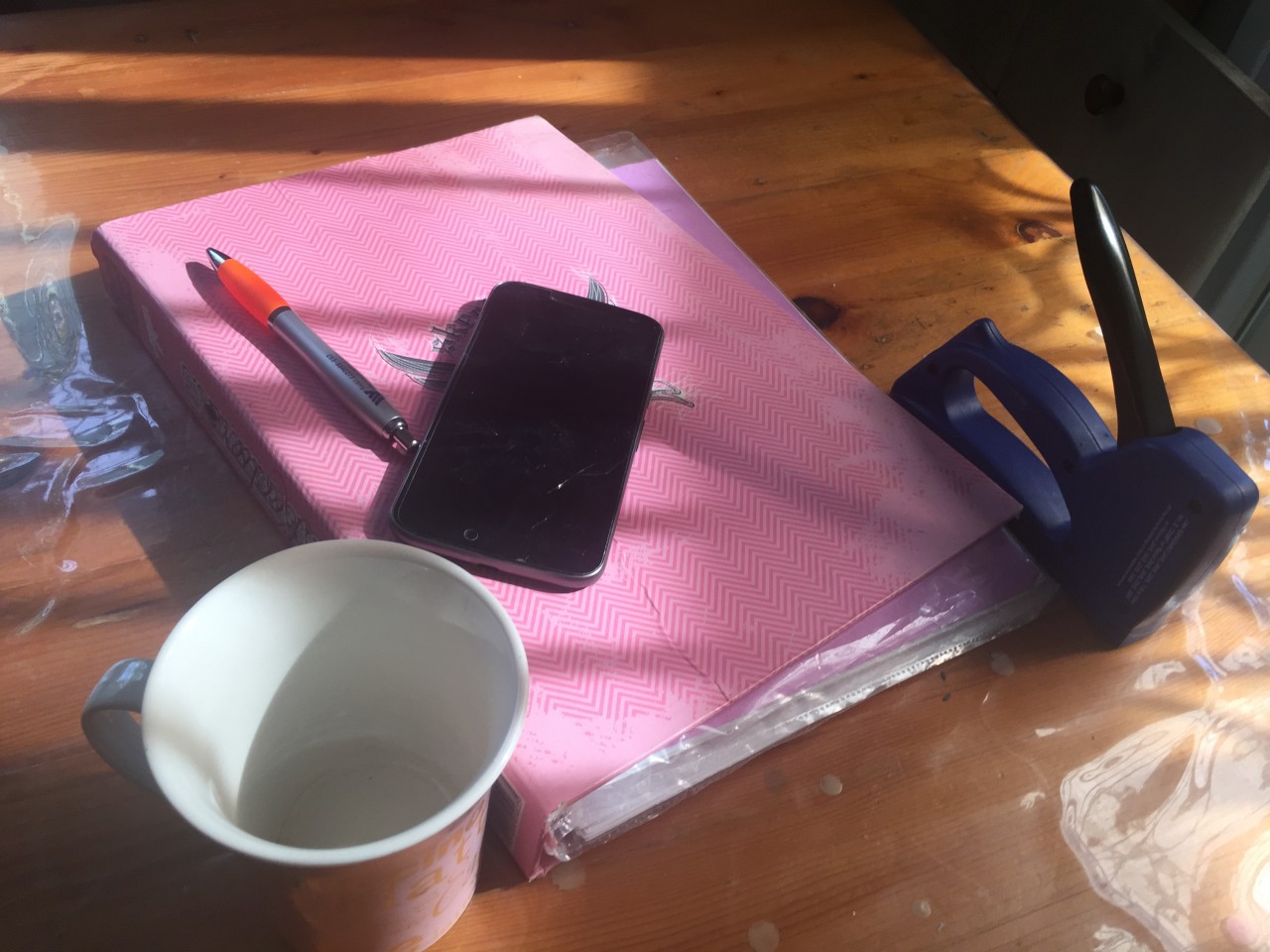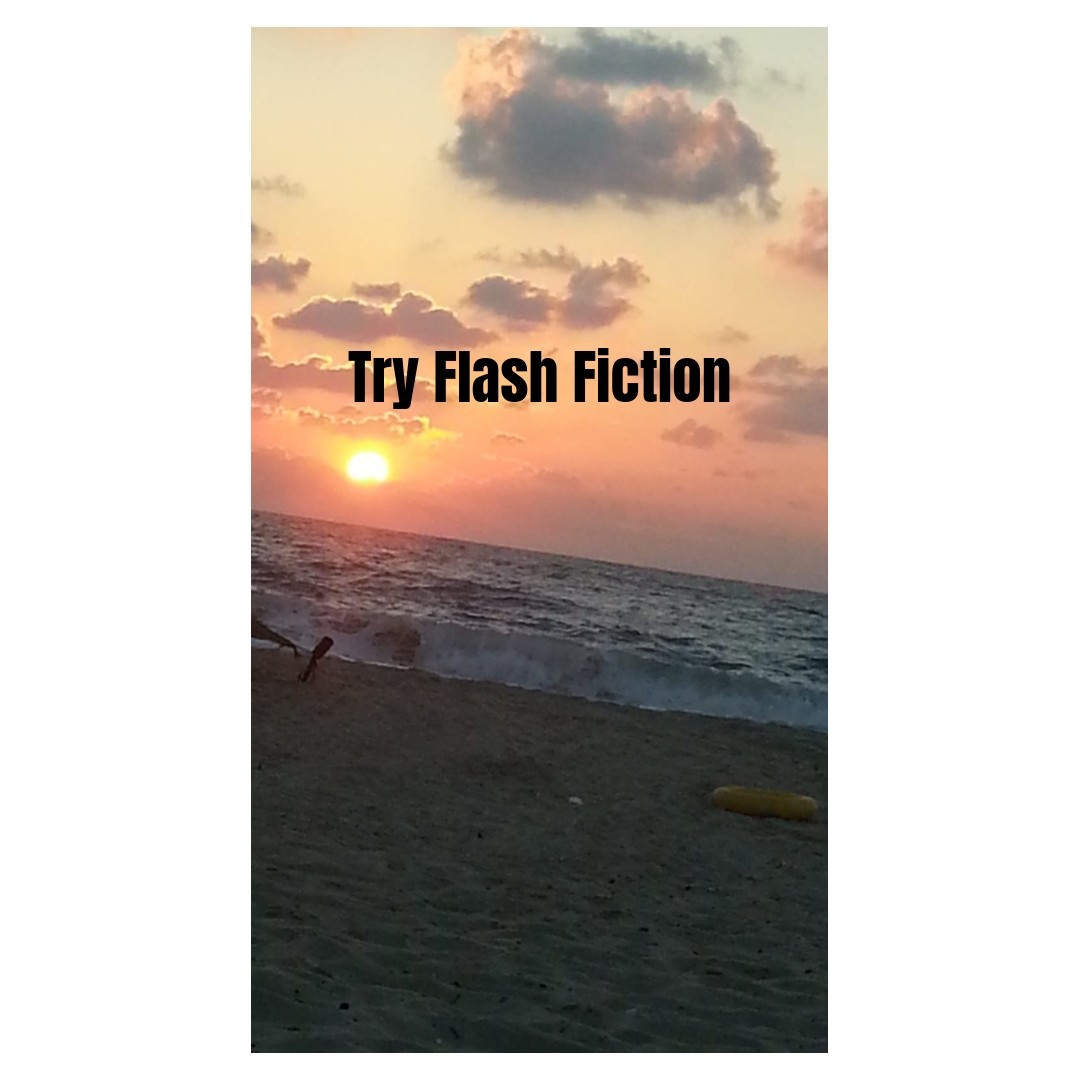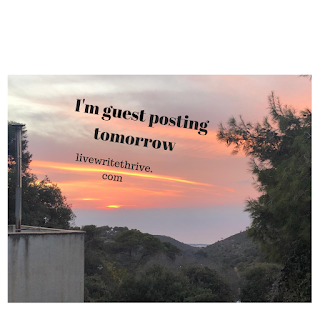I'm thrilled to be hosted on Joanna Penn's The Creative Penn today. Thank you so much for having me on your site. Writing Tips: Writing Beyond The 5 Senses The most useful way to show what you want to say is to tap into the five senses: touch, taste, smell, sight, and hearing and get into the 'why' behind each sense. In other words, you must ...
I've been publishing in literary magazines since 2005 and, I admit, I'm addicted. I've had four novels accepted for publication to small presses, an offer of a young adult series and yet I always have at least a handful of submissions out there, far beyond what's considered the usual expiry date for writers. I can't seem to stop, though that's craz...
He sighs and holds his glass up remembering things that happened years ago. I try to diminish myself in my chair, so he'll see his memories and share them instead of seeing me."I begged your father to run away to the kibbutz with me. So many young people were doing it then. There was no food in Jerusalem. But he was the oldest, and he wouldn't leav...
I can't sum up how I feel about libraries better than this. I already have a vlog on writers block. Here's another take. This is my prompt to remind me to write a longer piece on podcasts. For now, This American Life podcast is an excellent cure for writer's block.
A Phone Call from Mom "Do you know what your brother did when he finished reading your novel?" my mother asks. "He WhatsApped me," I answer. "'Just finished your book. Great read'." I reread my brother's exact words from my phone. There is a cheery note in my voice because I've already won this conversation. With this book publication there will be...
Publishing Your Story While publication is never guaranteed (unless you're self-publishing, but that's another post), there are a number of things you can do to help your story find a home. Start with this seven-point guide: 1. Don't rush. Is your story ready for publication? One of the biggest mistakes new writers make is sending out th...
A word after a word after a word is power." –Margaret Atwood Writing isn't just for writers, it's for anyone with a small business to promote. You might think as an author and book editor that most of my clients are other authors. Think again. People don't write new books every month. Many people take years to finish a first draft. If I waited unti...
My new article is out in the latest Wrapt. On Balance: The Biggest Mistake Working Mothers Make Got hot nit gekent zayn umetum, hot er beshafn mames. "God couldn't be everywhere, so He created mothers." A Yiddish proverb I won't write about work-life balance or for many of us, work-life-work balance. It's not because I think you've read...
When I tell people I teach a virtual flash fiction course, I sometimes get strange responses, even laughter. Isn't flash fiction just really short fiction? What's the point of taking a specific flash class? No, flash is its own genre deserving of its own class, and it's still underrated as a way to break into publication. I say "still" because I ta...
A big thank you to fellow Canadian scribe Kathy Steinemann for hosting this guest post on her site today. When my youngest child was finally old enough for me to leave her without feeling guilt-ridden, I decided to attend a writing seminar in Montreal—an ocean way from my home. You know, those seminars you're always reading about and thinkin...
Thank you Kathryn Schleich for having me as a guest on your blog. 'Show don't tell' is common advice. It's been unpacked in dozens of blogs. Luckily, this won't be one of them. That's because it's repeated so often, it crowds out other important writing errors such as, pace. Pace is all about rhythm and speed in a story. Think: how much time has e...
Thank you to Writers Write for guest posting this blog. You can increase your writing productivity by partnering with another writer and critiquing each other's work. But not any good-natured writer will do. If you really want to improve your writing productivity, look for these seven things in your next critique partner: Someone who wr...
Thank you to Writers Helping Writers for Guest Posting this blog. Book publishing is a tough, competitive business. Still, there's no reason to make the road harder to travel. Enter flash fiction—an excellent way to break into both fiction and nonfiction book publishing. Flash fiction pieces are very short stories that still include the...
Thank you to the Book Designer for guest posting this blog. We hear it all the time, "How can I possibly market my existing book while writing my next book?"or "I don't like marketing. I just want to write." But the reality is that to be successful as an author, most of us need to continually do both–marketing AND writing new books. The...
This week I was thrilled to be a guest on C.S. Lakin's site LiveWriteThrive. Thank you again."The exploding number of flash publication opportunities as a way to break into novel publishing also offers a break for writers who might be burnt out with a novel or short story. Specifically, you get a break from following those longer manuscript rules, and we all need a break from “the rules” once in a while to recharge." Read the rest.
Writers must write emotion. That's a given. But many writers lean too heavily on stock emotional body language when they describe their characters: the wink, the nod, the yawn, the shrug and that American favorite, the smile. North Americans smile more than people from other cultures. And we don't just smile (way) more, we smile bigger and brighter. Scroll through a brief comparison of photos of American vs. Chinese leaders and you'll see it, too. As an editor, I don't go more than five pages without spotting it in first drafts for longer pieces and there's a rare Flash piece without at least someone smiling by line four. From the first grin in a draft, it's everywhere, way too much of it. For many writers it is a crutch whose sell-by-date has expired. So short of moving to Russia or Japan and imbuing a whole new body language vocabulary, what's a...
Setting is an often overlooked story element for many writers. I cannot tell you how many short fiction submissions I've received that take place No-where in No-time. When queried the most common answer I receive from writers is, "this story can take place in anywhere USA." Or, "It doesn't matter. They could be in any modern city." If you've ever sat down to write fiction or non-fiction and used this approach to setting and location it's way past time to stop. This response couldn't be more wrong. There are several key points for you to remember about your story world. Today I will discuss one of them. Remember this: no one has ever been to your story world except for you. Consider the world you live in every day. Who inhabits that world? You do. Nobody else. You have a unique perspective on your world. Not sure? Don't think you're very different from anybody else?...
Diction. Slang and other everyday words sneak into our vocabularies. If you don’t live and write in the same language, it takes an extra effort to root out unintended foreign words from your work.Names. Many writers spend time enhancing their work with thoughtful character names. But when you live in one language and write in another naming story characters can be frustrating. Names from your adopted country often seem awkward in your mother tongue, or worse become words that take the reader out of the story. On the other hand, mother tongue names may appear mundane.Setting. If you choose to write about your adopted country, it may appear too exotic or you may worry you lack the background to make the country come alive. How long do you have to live somewhere to feel you have the authority to write about it, especially if the country operates in a language that...
The JWWS network, in conjunction with Temech, is pleased to announce our FOURTH SESSION for all women writers…The JWWS Writers’ Educational NetworkFor WomenRegistration is via Temech’s office (02- 538-8665, press 0 and say you are calling for JWWS/ Writers’ Courses) and tell them you are registering for the next JWWS course that is to begin on Jan 19th. To ensure your place you must pre-register. These JWWS courses will be a pre-paid and pre-booked only in advance option.Price for full course, all four sessions: 200 NIS per personPrice for only one session at a time: 75 NISper personHurry to reserve your spot – spaces go quickly!_____________________________________________________The JWWS Session FOURCourse Title: The Art of Short Story WritingCourse Instructor: Gila GreenCourse dates: Jan, 19, 26, Feb 2, Feb 9th Tuesday mornings, 10:30 a.m. – 12:30 pmCourse Description: Get your creative story juices flowing!This course is for anyone who wants to sharpen her short...
I read a lot of Flash Fiction. Over the years I’ve noticed that some writers continuously flounder over these common misconceptions and mistakes. If you’re trying to master the art of Flash Fiction writing, these eight “don’ts” might help you jump up to the next level. Don’t approach Flash Fiction as though it’s just a very short story. Flash has its own set of rules and the king of those rules is this: you have no time. This means spending the first eight lines on background and leaving minimal space for any action to occur is sure to flop. Don’t do it.Flash Fiction is supremely brief. But the buck stops there. You can write non-fiction flash, romance flash, fantasy flash and any other genre you feel passionate about. For some reason many of the submissions I receive in my Flash Fiction courses forget all about genre, so focused are they on...
When I submit my short stories should I hide my Israellocation? This is a real question participants in my classes ask me. Most often these writers use an American address of a relative or the address of a friend overseas in their submissions. They genuinely believe that an address in Israel lowers their chances of acceptance in literary magazines and journals and, as the odds are already so stacked against new writers, they figure: who needs the handicap of an Israeladdress? I admit that it never occurred to me to alter my Israeli address in my submissions and I’ve been submitting stories since 2005. Is this naive? I don’t think so. If a publication does not want to print my story because I live in Israel, I do not want to be published by that publication. Is that too simple? So, how have I answered these writers? I tell them the...
In the last two days I’ve been asked how I get ideas for writing stories. Two nights ago at a PTA meeting just before the homeroom teacher asked me if I’d come in and speak (again) to the girls. And the next day at an open house for my daughter’s ballet class. I don’t get ideas, I look for ideas. It can be really hard work. I don’t see why ideas for writers should come from a source any different from ideas for what to make for dinner. For me the latter can also be really hard work. When I have to make dinner on a regular weekday I whip through the kitchen, opening cupboards, vegetable bins, the freezer and dairy drawers: what have I got at hand? The same is true for writing. I consider genre (historical? satirical?), I consider format (should I try for another short story for a...




